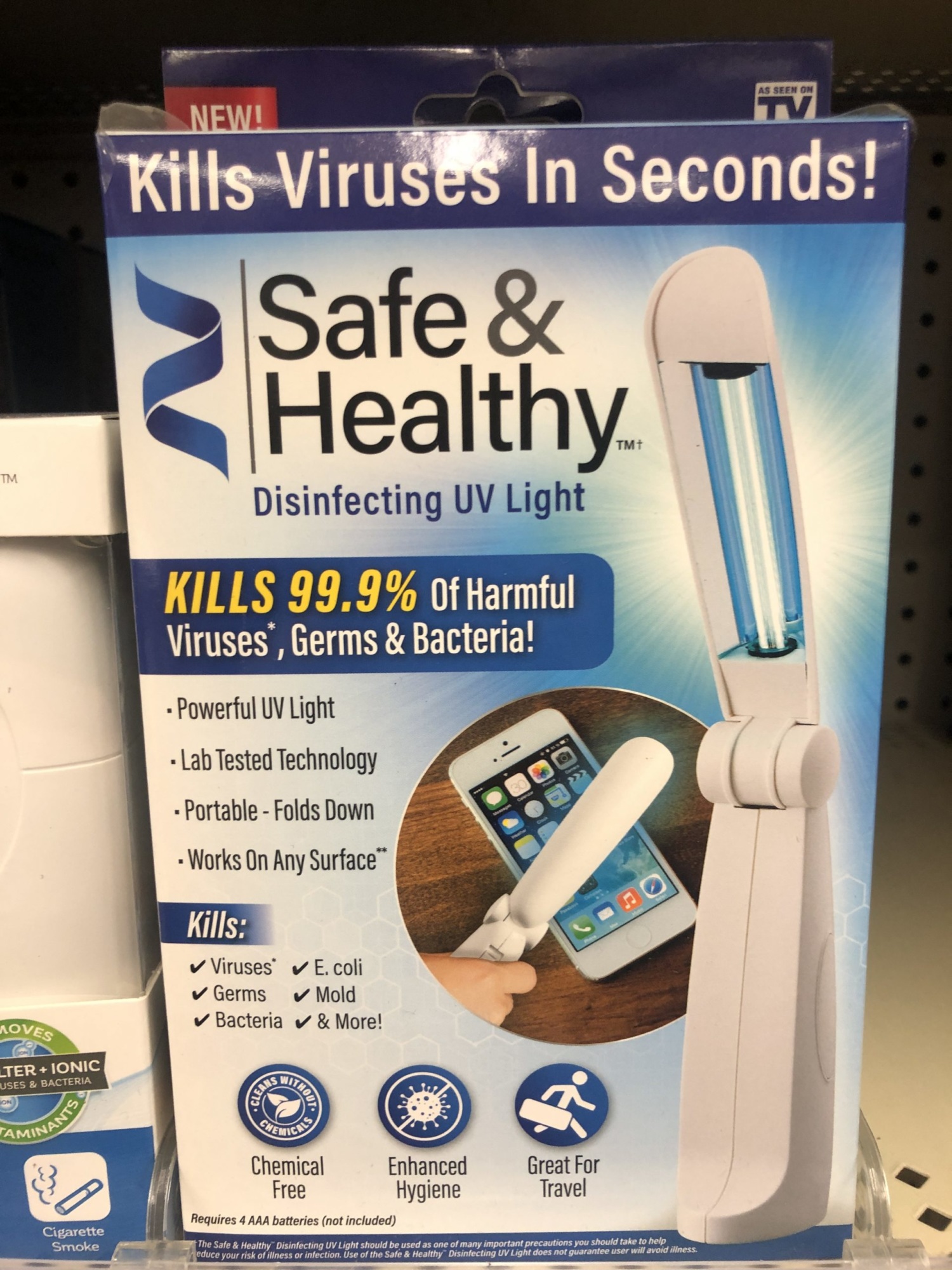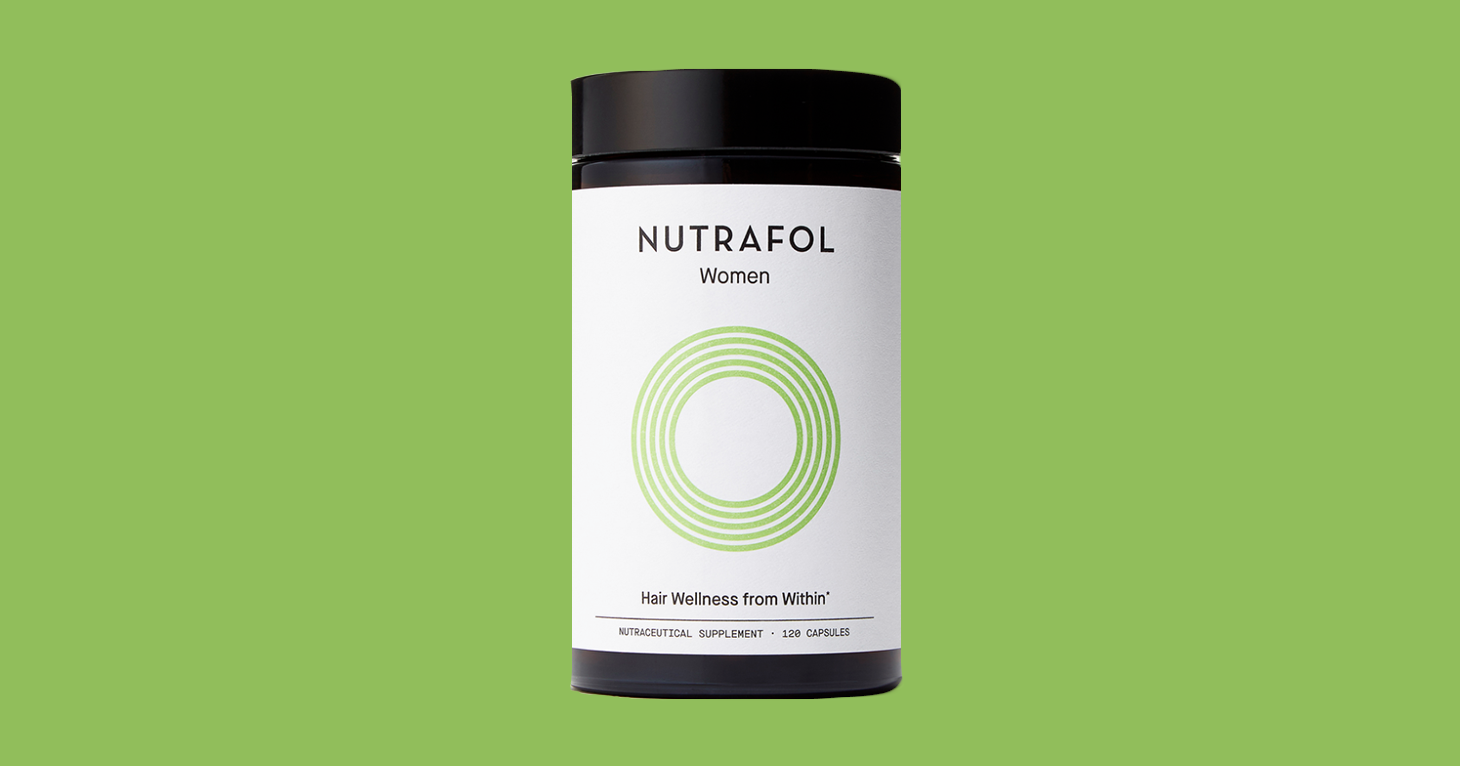
Safe & Healthy Disinfecting UV Light
When it comes to UV devices and COVID-19, there is no magic wand.
The bottom line? PCR works with companies to arrive at their desired results.
“Whatever your product does, we can provide the appropriate clinical efficacy trials to make your claims a fact by proving their legitimacy,” Princeton Consumer Research, a self-proclaimed global leader in the product testing industry that isn’t affiliated with the Ivy League school, promises companies on its website.
PCR even offers companies, which pay for its services, examples of claims that it says can be substantiated with its efficacy testing, before setting eyes on the product. And it promises clients fast results.
As TINA.org noted in an ad alert last month on the deodorant brand Lume, which uses a PCR study to market its product as “clinically proven,” that’s not exactly what we would call unbiased testing.
Yet Lume, which claims that its deodorants are “clinically proven to control odor for 72 hours,” isn’t the only company making clinically proven claims based on a PCR study it sought out and paid for.
Citing PCR testing, It Just Works also disseminates clinically proven claims on its website for its “body deodorizing supplement.”
“Tried & tested by Princeton Consumer Research,” the company boasts, while providing scant information about the supporting PCR study. The same basic questions Lume fails to answer, such as how odor scores were determined and if the study used a control group to measure against the treatment group, It Just Works leaves consumers to ponder.
Instead of providing answers, It Just Works and Lume brag about how their products took PCR by surprise by how well they performed, without disclosing they paid PCR for the ability to make their clinically proven claims.
Nuovaluce offers even less details about the PCR study it cites as support for claims that its red light device is “clinically proven to reduce fine lines and wrinkles,” only providing a trial number that yields no search results on PCR’s website.
All of which is to say that these companies don’t show that the underlying PCR studies amount to “clinical proof.” And as the FTC has warned, if a company says its claims are “clinically proven,” it should be able to live up to the standard it has set.
None of the companies answered TINA.org’s inquiries.
In response to a request for comment, PCR said confidentiality agreements prevent it from “talking about a specific company” but that it takes its research “seriously.”
All studies that are performed by Princeton Consumer Research are conducted to industry standard protocol that conform to all national and international standards and requirements to allow those products to make the claims they make. … In terms of any client that uses one of the industry standard and well published protocols that we use at PCR, they are within their absolute right to use the “Clinically Proven” claims as their products went through very rigorous testing that proved their products efficaciousness.
PCR added that it writes “as many failed reports for clients as we do passed reports.” Well, not really. “For every one that passes, there are 2/3 that didn’t,” PCR said. “If it fails, the company just has to reformulate and get it right.”
In other words, PCR works with companies to arrive at their desired results.
The bottom line
As we’ve noted before, just because a company advertises that it has a clinical study doesn’t mean it has the scientific evidence necessary to support its clinically proven claims. Consumers may need to do some digging instead of relying on the advertiser’s claims.
Find more of our coverage on clinically proven claims here.
Our Ad Alerts are not just about false and deceptive marketing issues, but may also be about ads that, although not necessarily deceptive, should be viewed with caution. Ad Alerts can also be about single issues and may not include a comprehensive list of all marketing issues relating to the brand discussed.
When it comes to UV devices and COVID-19, there is no magic wand.
Pharmacist testimonials at the center of advertising inquiry head to the FTC for further review.
TINA.org takes a closer look at hair supplements’ “clinically proven” claims.


